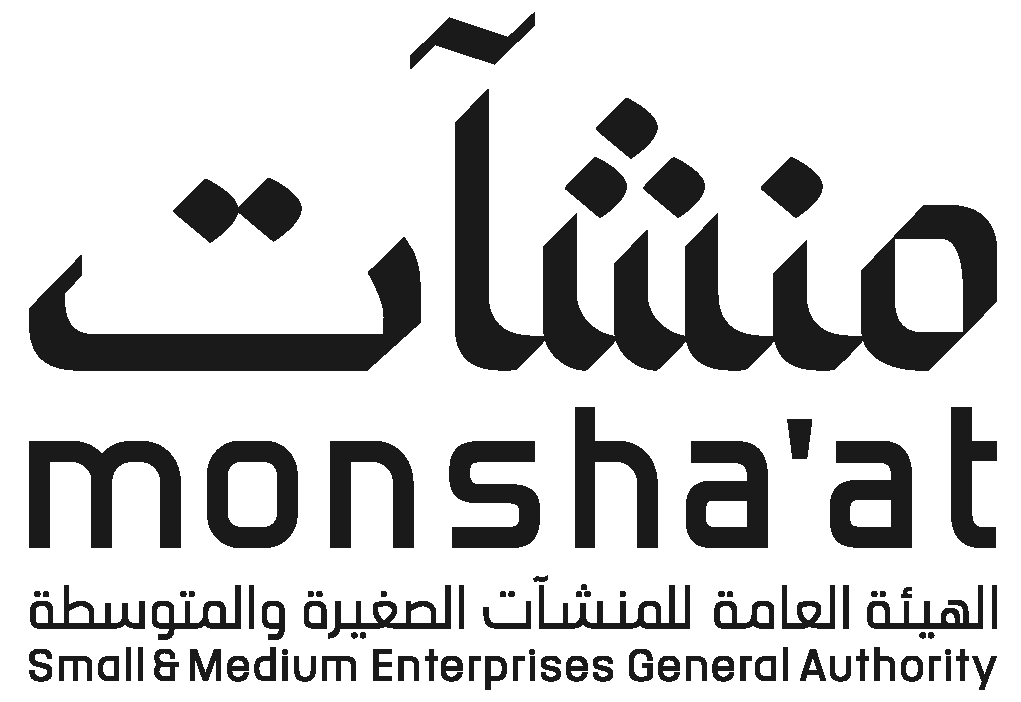Monsha’at, the General Authority for Small and Medium Enterprises, stands as a pivotal supporter of SME development within Saudi Arabia. Established in 2016, Monsha’at’s strategic aim is to boost the significance of this vital sector, aiming to grow its contribution to the GDP from 20% to 35% by the year 2030.
In an exclusive interview with Badr bin Hamad Al-Qadi, the official spokesperson for Monsha’at, we delve into the organization’s strategies and initiatives designed to support SMEs and achieve its ambitious goals.
Monsha’at’s mission is to increase SME contributions to the GDP by 2030. Can you elaborate on the specific strategies and initiatives Monsha’at is implementing to reach this ambitious goal?
Monsha’at’s strategic direction positions SMEs as a fundamental pillar for the Kingdom’s economic development and a catalyst for achieving Saudi Vision 2030. This involves fostering growth and competitiveness within SMEs to create a stimulating environment and an entrepreneurial society by leading collaboration with strategic partners across public, private, and non-profit sectors both locally and internationally.
The authority is activating its strategic direction by enhancing access to financing solutions and improving the overall financial ecosystem for SMEs. Efforts are also directed at easing business operations through the availability of supportive regulations, infrastructure, and increased focus on empowering women, youth, and various economic sectors. Monsha’at aims to expand market access, promote sustainable growth, and foster innovation by creating opportunities for SMEs through public and private sector procurement, franchising, e-commerce, exporting, and new business models.
Monsha’at offers various programs like the ‘Fekra’ innovation portal, ‘Mazaya’ for discounted services, and ‘Business Accelerators’. How do these programs specifically support SMEs, and what are some of the successful outcomes so far?
Through the ‘Fekra’ innovation ecosystem portal, Monsha’at aims to empower innovators and promising innovative enterprises by effectively connecting them with national entities from governmental, private, and non-profit sectors. This connection serves to sustainably activate their roles, in addition to distributing knowledge materials and organizing events that demonstrate the real benefits of investing in innovation and emerging technologies in the Kingdom.
Through the portal, innovators are introduced to more than 100 entities and over 202 services during different stages of their journey. The ‘Mazaya’ platform aims to reduce operational costs and support the growth and stability of SMEs by offering a variety of services at competitive prices, either partially or fully subsidized.
The ‘University Business Accelerators’ program is designed to accelerate the growth and development of university start-ups over a six-month period, establishing them correctly and enabling them to contribute effectively to the economy. This is achieved by providing a conducive work environment, high-quality services, consultancy, guidance, training, funding, and investor access, aligned with global best practices.
The ‘Empowering Women Entrepreneurs’ program is a key initiative of Monsha’at. Can you share some success stories and the impact this program has had on women’s entrepreneurship in Saudi Arabia?
Monsha’at is committed to raising awareness and motivating women in the field of entrepreneurship through the ‘Empowering Women Entrepreneurs’ program. This has led to a significant increase in women’s economic participation, with the growth of women-owned enterprises nearing 40% in 2023, reflecting the government’s efforts and the fruitful outcomes of the National Transformation Program aimed at enhancing women’s workforce participation.
How does Monsha’at facilitate the adoption of emerging technologies among SMEs through innovation centers and other technological initiatives? What are some notable success stories in this area?
Innovation centers affiliated with Monsha’at play an essential role in creating innovative start-ups and increasing the efficiency and competitiveness of SMEs. They enable the integration of advanced technologies through various programs and services offered to entrepreneurs and SMEs, including workshops, intensive boot camps on emerging technologies such as AI, IoT, cybersecurity, and co-working spaces for developing innovative tech solutions.
Monsha’at takes pride in the outputs of its innovation centers, which have supported over 30,000 beneficiaries, conducted more than 450 events, and aided over 400 enterprises in adopting emerging technologies, positively impacting their profitability or cost reduction by more than 300 million Saudi Riyals.
Considering the emphasis on e-commerce in Vision 2030, how does Monsha’at assist traditional companies in transitioning to online platforms? What are the main challenges and how are they addressed?
Monsha’at collaborates with electronic platforms and marketplaces to encourage business owners to embrace modern retail concepts and incorporate e-commerce into their operations. Training, follow-up, and support are provided to build the foundational skills necessary for e-commerce, which is among the biggest challenges faced by entrepreneurs. These services are offered through business support centers, Monsha’at Academy, and various events and workshops in the e-commerce domain.
The availability of investment funding and financial support is crucial for the growth of SMEs. Can you discuss the current landscape of SME financing in Saudi Arabia and Monsha’at’s role in facilitating access to these financial resources?
Monsha’at continually acts as a bridge between supply and demand in investment financing, collaborating with various entities to overcome investment challenges that SMEs face in securing funding. At the forefront is the Saudi Venture Investment Company, an initiative launched by Monsha’at. The current landscape is witnessing steady growth, with the Kingdom leading the region in venture capital investments, reaching 900 million Saudi Riyals in the first quarter of 2024, in addition to movements towards crowdfunding channels, angel investment networks, and business accelerators providing financial and non-financial services.
Partnerships between the public and private sectors play a significant role in the development of SMEs. Can you provide examples of successful collaborations that have greatly benefited the SME sector?
Monsha’at has established several strategic partnerships with governmental and private sectors to empower entrepreneurs and SMEs in the Kingdom. Notable collaborations include partnerships with the Ministry of Culture and affiliated entities, resulting in the establishment of more than five business incubators and accelerators, and three challenges in the cultural sector. Another partnership with the Ministry of Industry and Mineral Resources led to the launch of two accelerators in the industrial and mining sectors.
A partnership with the Diriyah Gate Development Authority initiated the ‘Diriyah Entrepreneurship’ initiative, which included the establishment of Diriyah Accelerator, culminating in the graduation of 9 companies, along with several dialogues and workshops. Additionally, Monsha’at partnered with Saudi Aramco to launch various initiatives, including the ‘Ambitious Wednesday’ event in collaboration with ‘Taleed’, benefiting 59 participants and nominating 15 entrepreneurs for services at the LAB7 innovation center.
Training and development are vital for the sustainability of SMEs. How do Monsha’at’s training programs, which have benefited over 100,000 enterprises, enhance the skills and capabilities of entrepreneurs?
Monsha’at has offered quality programs in various fields related to entrepreneurship, such as technology and innovation, financial management, business administration, franchising, and e-commerce. These are tailored to market needs and focus on serving entrepreneurs and SME owners by providing the best practices in establishing, managing, and developing entrepreneurial ventures. More than 650 training programs have been delivered, both in-person and virtually, enabling entrepreneurs to enhance their performance and efficiency, contributing to the sustainable growth of their enterprises.
What are Monsha’at’s main priorities for the next five years? How do you plan to address evolving challenges and capitalize on new opportunities for the SME sector in Saudi Arabia?
Monsha’at’s upcoming priorities include increasing SMEs’ share of financing by stimulating lending and enhancing access to investment funding. There is also a focus on integrating SMEs into major projects like NEOM, the Red Sea, and Al-Ula through joint programs offering investment opportunities and fostering the growth and sustainability of rapidly developing enterprises. Additionally, Monsha’at concentrates on supporting SMEs to adopt franchising and enhance the entrepreneurship ecosystem.
Monsha’at plays a key role in achieving Saudi Vision 2030 and promoting sustainable economic growth. Through its efforts, initiatives, and programs, Monsha’at is making significant progress in supporting SMEs, fostering innovation, and competitiveness, and creating an environment conducive to the growth of start-ups. The authority continues its pursuit to realize its ambitious goals and strengthen the role of SMEs as a cornerstone of the Saudi economy’s development.








